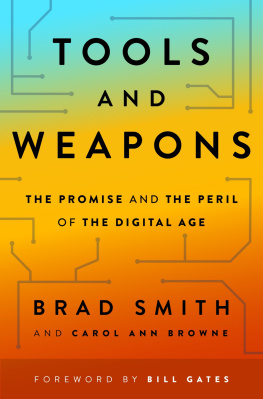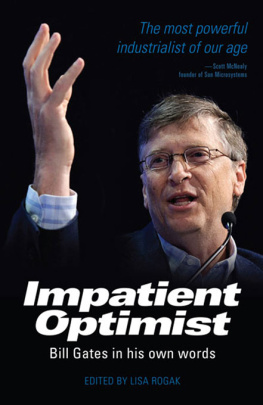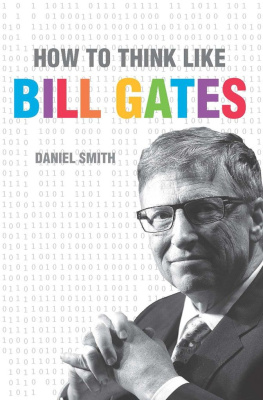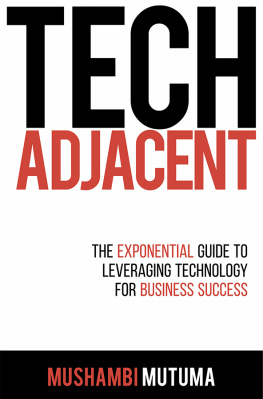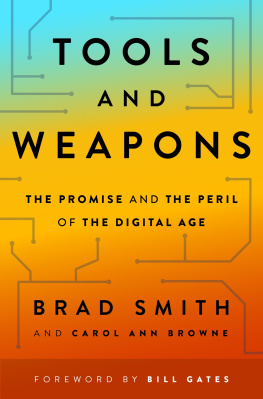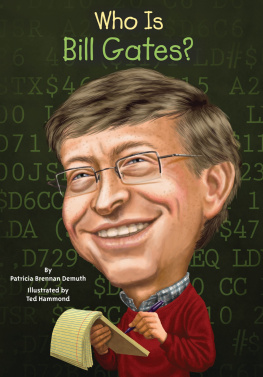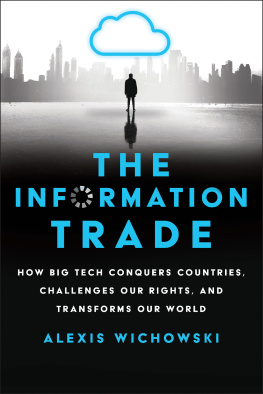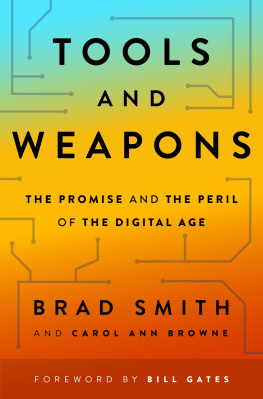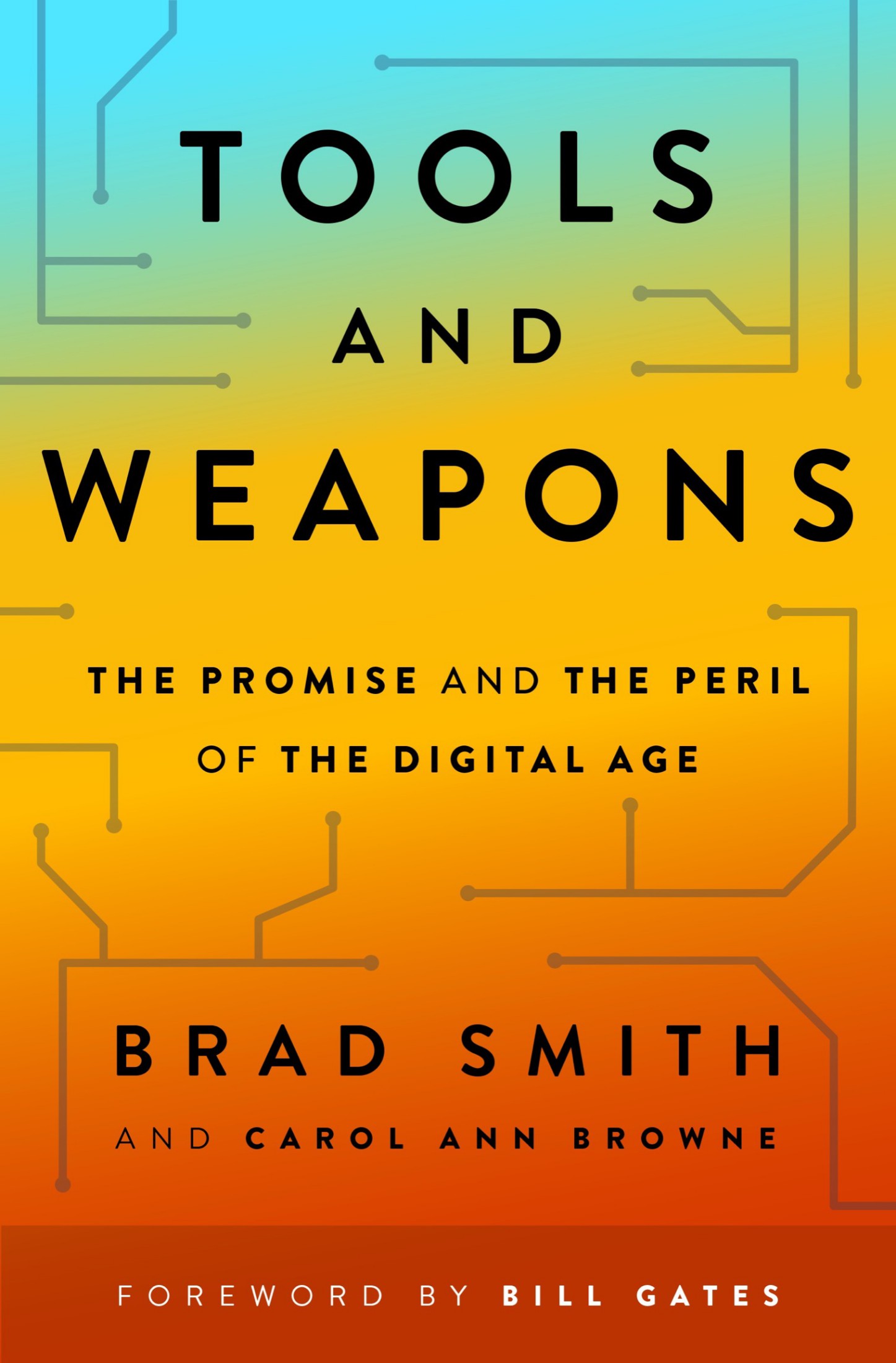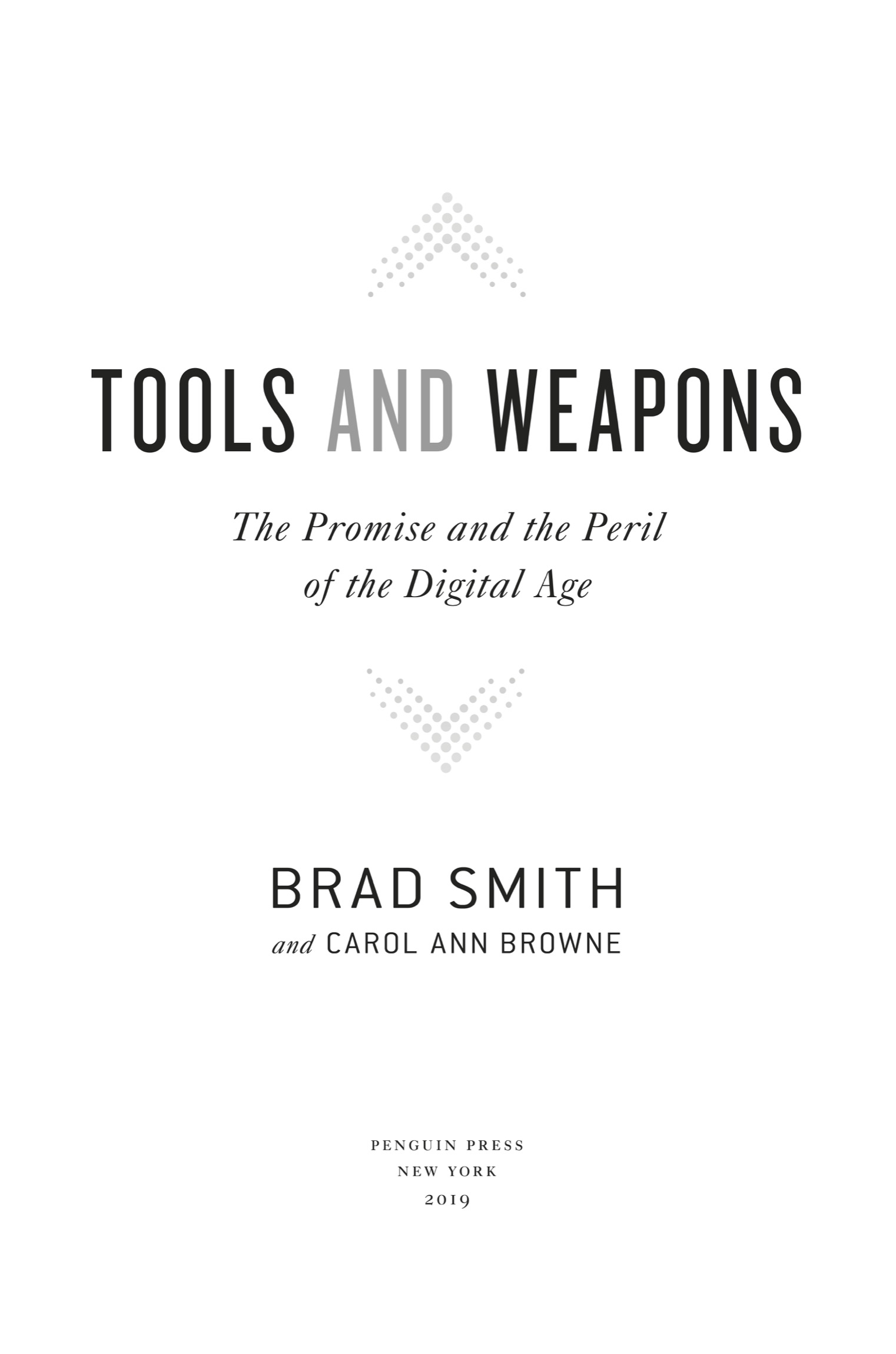Gates Bill - Tools and weapons: the promise and the peril of the digital age
Here you can read online Gates Bill - Tools and weapons: the promise and the peril of the digital age full text of the book (entire story) in english for free. Download pdf and epub, get meaning, cover and reviews about this ebook. City: New York, year: 2019, publisher: Penguin Press, genre: Politics. Description of the work, (preface) as well as reviews are available. Best literature library LitArk.com created for fans of good reading and offers a wide selection of genres:
Romance novel
Science fiction
Adventure
Detective
Science
History
Home and family
Prose
Art
Politics
Computer
Non-fiction
Religion
Business
Children
Humor
Choose a favorite category and find really read worthwhile books. Enjoy immersion in the world of imagination, feel the emotions of the characters or learn something new for yourself, make an fascinating discovery.
- Book:Tools and weapons: the promise and the peril of the digital age
- Author:
- Publisher:Penguin Press
- Genre:
- Year:2019
- City:New York
- Rating:4 / 5
- Favourites:Add to favourites
- Your mark:
Tools and weapons: the promise and the peril of the digital age: summary, description and annotation
We offer to read an annotation, description, summary or preface (depends on what the author of the book "Tools and weapons: the promise and the peril of the digital age" wrote himself). If you haven't found the necessary information about the book — write in the comments, we will try to find it.
From Microsofts President and one of the tech industrys wisest thinkers, a frank and thoughtful reckoning with how to balance enormous promise and existential risk as the digitization of everything accelerates.
Microsoft President Brad Smith operates by a simple core belief: when your technology changes the world, you bear a responsibility to help address the world you have helped create. This might seem uncontroversial, but it flies in the face of a tech sector long obsessed with rapid growth and sometimes on disruption as an end in itself. Now, though, we have reached an inflection point: Silicon Valley has moved fast and it has broken things. A new understanding has emerged that companies that create technology must accept greater responsibility for the future. And governments will need to regulate technology by moving faster and catching up with the pace of innovation that is impacting our communities and changing the world.
InTools and Weapons, Brad Smith takes us into the cockpit of one of the worlds largest and most powerful tech companies as it finds itself in the middle of some of the thorniest emerging issues of our time. These are challenges that come with no preexisting playbook, including privacy, cybercrime and cyberwar, social media, the moral conundrums of AI, big techs relationship to inequality and the challenges for democracy, far and near. While in no way a self-glorifying Microsoft memoir, the book opens up the curtain remarkably wide onto some of the companys most crucial recent decision points, as it strives to protect the hopes technology offers against the very real threats it also presents. Every tool can be a weapon in the wrong persons hands, and companies are being challenged in entirely new ways to embrace the totality of their responsibilities. We have moved from a world in which Silicon Valley could take no prisoners to one in which tech companies and governments must work together to address the challenges and adapt to the changes technology has unleashed. There are huge ramifications to be thought through, and Brad Smith provides a marvelous and urgently necessary contribution to that effort.
Gates Bill: author's other books
Who wrote Tools and weapons: the promise and the peril of the digital age? Find out the surname, the name of the author of the book and a list of all author's works by series.

